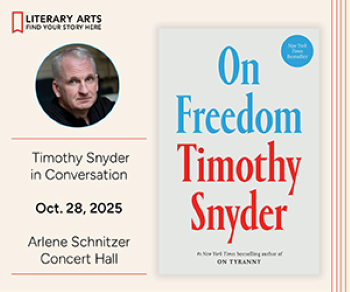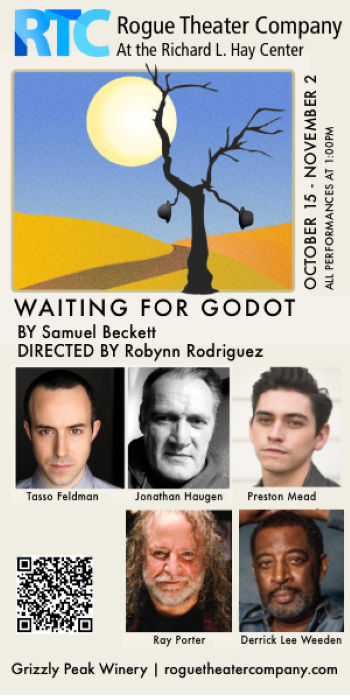The food and beverage tax supports street reconstruction and Ashland parks
By Sabrina Cotta
The city of Ashland relies on two key taxes that support our local community: the food and beverage tax and the transient lodging tax. These taxes play an essential role in funding capital improvement projects, supporting local businesses and benefiting community programs. This article will focus on the food and beverage tax.
How the food and beverage tax supports our community
This 5% tax applies to prepared foods and nonalcoholic beverages sold at restaurants, grocery store delis, caterers and coffee shops in Ashland, including takeout and delivery orders. Businesses retain 5% of the tax collected to cover their accounting expenses. The city collects roughly $3 million in F&B tax per year.
The funds collected through the F&B tax support essential city projects, such as street repairs, land acquisition and capital improvements. Notably, 25% of the money goes directly to the Parks & Recreation Department to support the development and rehabilitation of local parks and open spaces, and 75% goes toward maintaining and repairing our streets.
Food and beverage tax history
The F&B tax was originally approved by voters in 1993 to help acquire additional land for Parks & Recreation. In 2009, voters redirected 80% of the tax revenue to pay down the debt on the city’s wastewater treatment plant, leaving 20% for parks.
In 2016, voters adjusted the allocation again, increasing parks’ share to 25%. The remaining 75% continued to fund wastewater debt, with any excess revenues not needed for that purpose redirected to the street fund for a pavement management program.
In 2023, a measure to amend the ordinance to allow funds to be used for Parks & Recreation operations and extend the sunset date to Dec. 31, 2040, narrowly failed. Today, 75% of the F&B tax is used to fund street projects and 25% is used for the acquisition, planning, development, repair and rehabilitation of city parks. The tax is scheduled to sunset in December 2030.
Projects funded by the food and beverage tax over the last 10 years
Public Works: Street reconstruction — administration, design and construction
- Hersey Street — $4.18 Million
- Ashland Street — $4.66 Million
Future projects include:
- North Mountain Ave (2025)
- Oak Street (2026)
- Siskiyou Boulevard (2027)
Parks & Recreation
- Daniel Meyer Memorial Pool and rebuild — $166,789
- East Main Park development — $317,004
- Garfield Park splash pad — $864,482
- Hunter Park playground — $67,219
- Hunter Park Tennis Court rehabilitation — $19,757**
- Hunter Park Tennis Court resurfacing — $97,743
- Irrigation (alternative sources) — $22,133
- Irrigation central controller —$262,095
- Japanese Garden in Lithia Park — $1.9 Million
- Kestrel Pedestrian Bridge — $42,384*
- Lithia Park improvements — $28,500
- Lithia Park master plan — $250,283
- North Mountain Park culvert failure — $152,104
- North Mountain Park nature play area — $27,725*
- Oak Knoll Golf Course / clubhouse improvements — $85,883
- Oak Knoll Golf Course irrigation and drainage — $93,166
- Parks (all inclusive) master plans — $45,756**
- Playground slide at Briscoe Park — $266,893**
Note: The projects listed above include only those with payouts of approximately $20,000 or more.
*F&B and grant funded
** Projects to be completed within the next two years
This tax contributes to a variety of community-focused projects. Stay informed: View a year-by-year snapshot of the F&B tax revenue and learn about the TLT at ashlandoregon.gov/YourTaxesatWork.
Sabrina Cotta is the city manager of Ashland. She can be contacted at [email protected].
Email letters to the editor and Viewpoint submissions to [email protected].



















